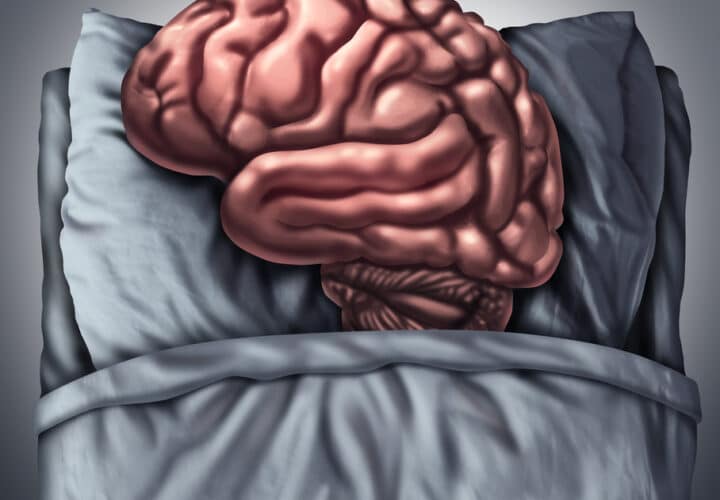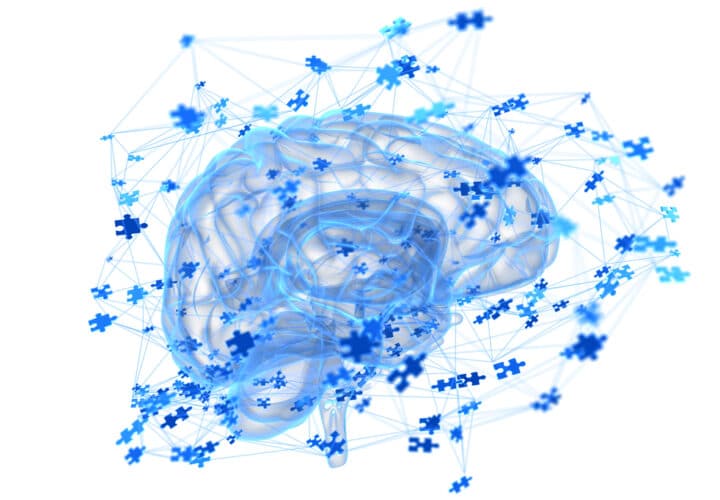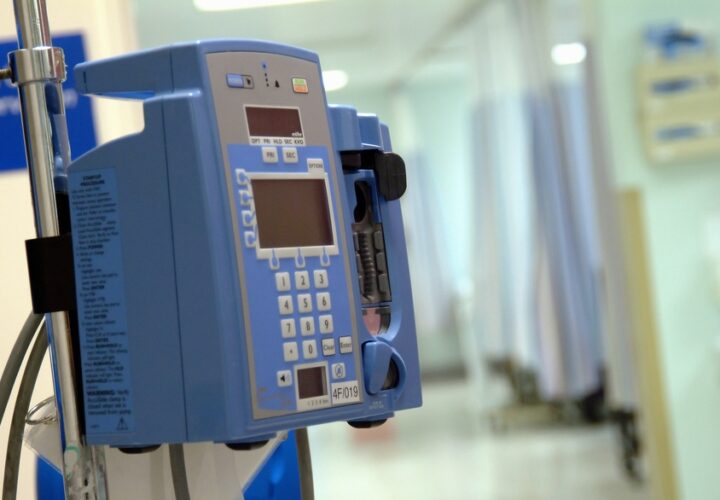A 2017 study suggests that failing to enter into deep sleep earlier in life could be linked to a higher risk of dementia later in life.
If you feel like you’re always sleep deprived, you’re not alone. Forty-five percent or almost half of the world does not get enough sleep. Consistently bad sleep has been shown to lead to a higher risk of diabetes, stroke and heart disease. Poor sleeping habits have also long been linked to dementia patients, for whom issues like sleepwalking, frequent sleep disturbance and insomnia are common.
But a 2017 study suggests that failing to enter into deep sleep earlier in life could be linked to a higher risk of dementia later. The study tracked REM sleep, considered the dreaming stage, in 321 patients over the age of 60 for three years, from 1995 to 1998. Researchers then followed up with patients for up to 19 years, tracking whether they were diagnosed with dementia.
Of the 321 participants, 32 developed dementia, 24 of these cases were Alzheimer’s. The study found that people who took longer to enter REM sleep and spent less time in that sleep stage were more likely to develop dementia. People with dementia spent an average of 17 percent of their night in REM sleep, compared to 20 percent spent in REM for healthy participants. Just a one percent drop in time spent in REM sleep corresponded to a 9 percent increase in risk of developing dementia. Other stages of sleep did not affect dementia risk.
Read the full write-up on sleep and Alzheimer’s here.


